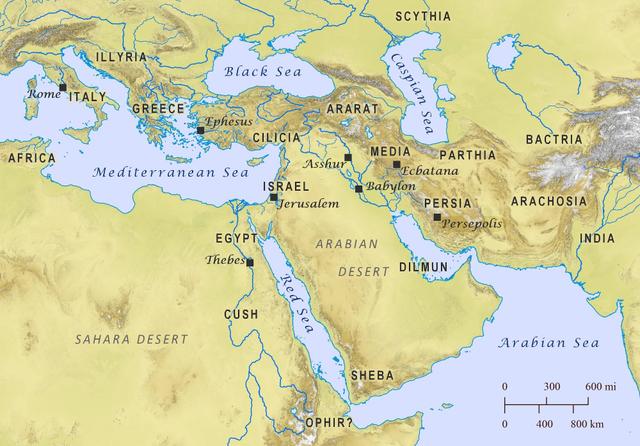The law and the tabernacle served as a representation of Christ and the true tabernacle in heaven, and now that Christ has come it is fulfilled. The truths demonstrated inside the tabernacle are now to be a reality within the tabernacle of the human bodies of believers, in their conscience.
While the Old Covenant was still in place, from the time the Law was given until Christ died on the cross, the way into the true heavenly tabernacle (holy place) was by grace through faith, but the means of salvation was not made clear. The earthly tabernacle was a symbol of the things to come—things that were fulfilled in the person of Jesus. The Holy Spirit is signifying this, that the way into the holy place has not yet been disclosed while the outer tabernacle is still standing, which is a symbol for the present time (vv 8–9). When Jesus came, He showed the full meaning of the sacrifices and worship.
But Jesus did something greater, something that religious practice can never do: Jesus made a way for our consciences to be perfect (v 9). The word perfect here is, once again, a word with the Greek root “teleo,” meaning “completed,” “fulfilled,” or “finished.” When we allow Jesus to do His high priestly job on our consciences, they are restored to the place God intended.
Jesus’s perfect (complete, once and for all) sacrifice cleanses our guilt in the presence of God. We have nothing to do with that, only to receive it. But to have our consciences cleansed, we need to continually allow Jesus to perform His high priestly work upon our hearts. And that requires us to approach Him.
The Pauline Author is making it clear that the Old Covenant and practices are not sufficient and the New Covenant is greater: Accordingly both gifts and sacrifices are offered which cannot make the worshiper perfect in conscience (v 9). The gifts and sacrifices offered previously were not sufficient; they relate only to food and drink and various washings and regulations for the body (v 10).
As we learned in Hebrews 7:11, if the law had been able to make us perfect there would have been no need for a greater high priest. But the law was not able to make us perfect, so Jesus came to establish a new and greater covenant.
All the regulations of the law were meant to be for a time, they were only imposed until the time of reformation (v 10), meaning when Christ died on the cross and established the New Covenant. The law and the tabernacle portrayed the work of Christ and now He has come, and the regulations have been fulfilled in Christ who is able to make us perfect in conscience and who has made the way into the holy place open and accessible for all (Hebrews 10:19–20). Paul makes the claim in Romans (8:4 and 13:8) that believers fulfill the law when they walk in the Spirit and walk in love.
Biblical Text
8 The Holy Spirit is signifying this, that the way into the holy place has not yet been disclosed while the outer tabernacle is still standing, 9 which is a symbol for the present time. Accordingly both gifts and sacrifices are offered which cannot make the worshiper perfect in conscience, 10 since they relate only to food and drink and various washings, regulations for the body imposed until a time of reformation.
Check out our other commentaries:
-
Matthew 17:19-21 meaning
The disciples approach Jesus to ask Him about why there were unable to cast the demon out of the man’s son. Jesus tells them that...... -
Deuteronomy 25:17-19 meaning
Moses urged the Israelites to remember to wipe out the Amalekites when they are settled in the Promised Land. This was in response to the...... -
Matthew 14:13-14 meaning
Jesus is back in Galilee. Having learned of the murder of John the Baptist, He seeks a place of solitude. He gets in a boat...... -
Romans 5:15-17 meaning
Through one man’s sin, there was condemnation for all. From the free gift there is justification for many. One man’s sin brought death to all...... -
Exodus 23:24-33 meaning
The LORD promised that His people would see His blessings while living in the Promised Land. These blessings and successes, however, were contingent on the......



